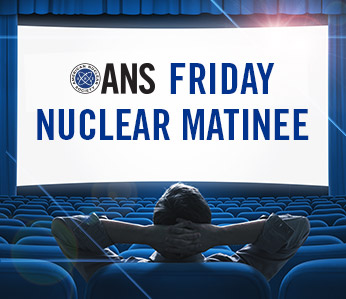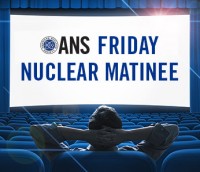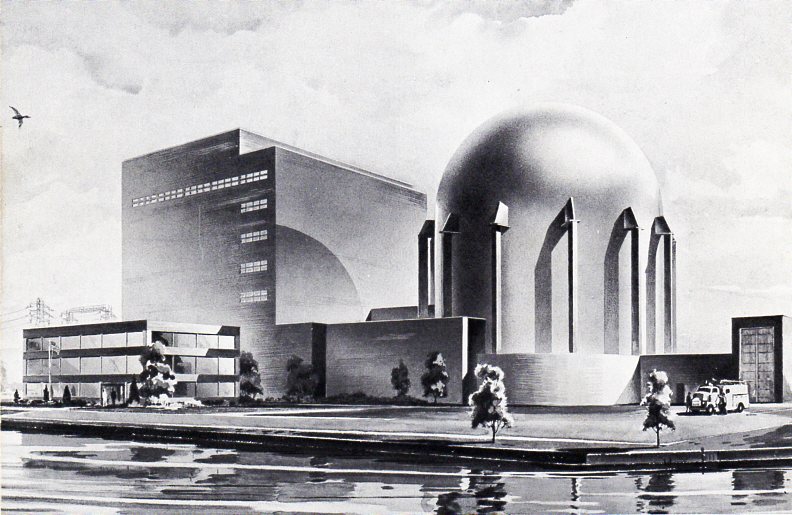Wisconsin may be lifting its decades-old nuclear power ban, a move that would allow the construction of new nuclear facilities to provide clean energy throughout the state. The end of the 1983 moratorium heralds the beginning of new era; indicating a reason for optimism that lawmakers throughout the United States may soon make similar changes.
The moratorium that changed Wisconsin Power
The world was in upheaval in 1983, particularly within the nuclear sector. The accident at Three Mile Island in the late 1970s set loose a tsunami of public fear against nuclear power, despite the majority of these concerns being largely unfounded and based on biased opinion. Across the country, politicians rushed to jump on the bandwagon of nuclear power bans, without researching the ultimate cost both to taxpayers and the environment in terms of rising energy bills and the reality of using dirty, coal-fired power to replace clean nuclear power production.
Under Governor Anthony Earl, Wisconsin legislators voted in 1983 to ban the construction of any new nuclear plants until the federal government met its responsibility of creating a repository for storing nuclear waste. The bill also demanded that legislators be assured that nuclear power would be less expensive than other forms of energy before the moratorium was lifted. As the federal government was unable to meet its obligations concerning the spent fuel repository, the bill has effectively become a ban on the construction of any new nuclear power plants anywhere in the state.
Scott Walker: A vision for clean energy
Although there have been movements to lift the nuclear ban prior to 2016, none of them have been successful. This year, Governor Scott Walker took initiative to lift the moratorium and support Assembly Bill 384, legislation that would allow Wisconsin to once again invest in the construction of new nuclear power facilities.
The bill has received bipartisan support as well as the backing from a number of special interest groups, many of which are usually found on opposite sides of the energy issue. Clearly, this move has broad-reaching implications for the future of Wisconsin-and the nation's-overall energy mix.
The past few years have seen several setbacks for the success of nuclear in the state. Dominion Power, owners of the fourth nuclear power plant in Wisconsin, the Kewaunee Power Station, elected to shut it down in 2012. According to Dominion's chairman and chief executive officer, "the decision was based purely on economics. Dominion was not able to move forward with our plan to grow our nuclear fleet in the Midwest to take advantage of economies of scale." Low natural gas prices claimed nuclear as a victim in this case, but the new bill has reinvigorated interest in its many benefits.
Several reasons to support the success of this bill are immediately apparent. First, the energy crisis has grown to mammoth proportions-there is simply no way to sate our nation's energy appetite while simultaneously endeavoring to implement the Clean Power Plan and shutter coal plants. Second, nuclear energy is nearly carbon free and, when carefully managed, very safe. Nuclear is needed if the United States is to continue making further strides in reducing its overall CO2 emissions and eliminating other atmospheric pollutants associated with dirty fossil fuels.
Wisconsin's manufacturing sector needs nuclear
Wisconsin's business and manufacturing sector has come forth to support lifting the ban on nuclear in the state. Lucas Vebber, director of environmental and energy policy for Wisconsin Manufacturers and Commerce, endorsed the new legislation, saying, "Wisconsin needs to have a serious conversation about the future of electricity generation and unless we repeal the moratorium, nuclear energy cannot be a part of the conversation."
Unlike solar and wind, nuclear is a secure, reliable source of baseload electricity. Wisconsin's substantial manufacturing base creates jobs and income for thousands of residents throughout the state and is a foundational aspect of the state's overall economy. By employing nuclear energy, the manufacturing sector will have access to large-scale and round-the-clock power that doesn't negatively impact the environment.
Nuclear gains support in Wisconsin and nationwide
Currently, the two Point Beach reactors operated by NextEra Energy Inc. supply the state with 15.5 percent of its total energy and 72 percent of its zero-emissions energy. Coal and natural gas continue to reign supreme, both in Wisconsin and across the United States, but other states are also showing signs of leaning toward nuclear for the future of their energy mix. As burning fossil fuels grows more expensive and environmentally unjustifiable, the nuclear sector has reason to expect more legislative victories down the line.
Beth Piper is a science author from Chicago, Ill. Ms. Piper has a strong interest in nuclear power as a clean energy source.



 The 298th edition of the Nuclear Energy Blog Carnival has posted at
The 298th edition of the Nuclear Energy Blog Carnival has posted at 
 The 296th edition of the Nuclear Energy Blog Carnival has posted at
The 296th edition of the Nuclear Energy Blog Carnival has posted at 
 The 295th edition of the Nuclear Energy Blog Carnival has posted at
The 295th edition of the Nuclear Energy Blog Carnival has posted at